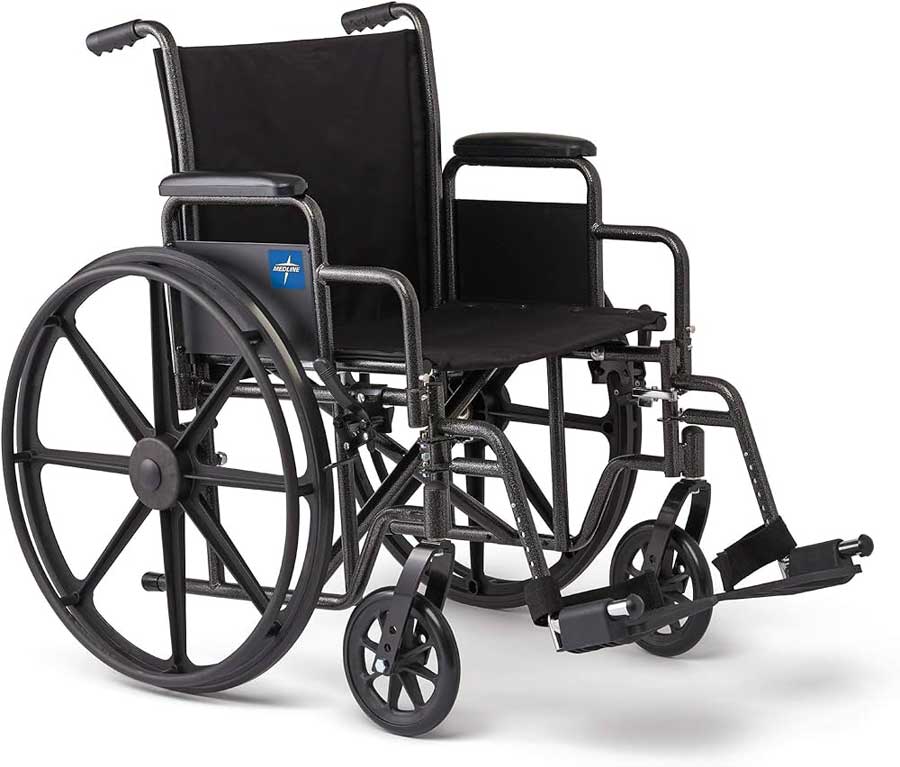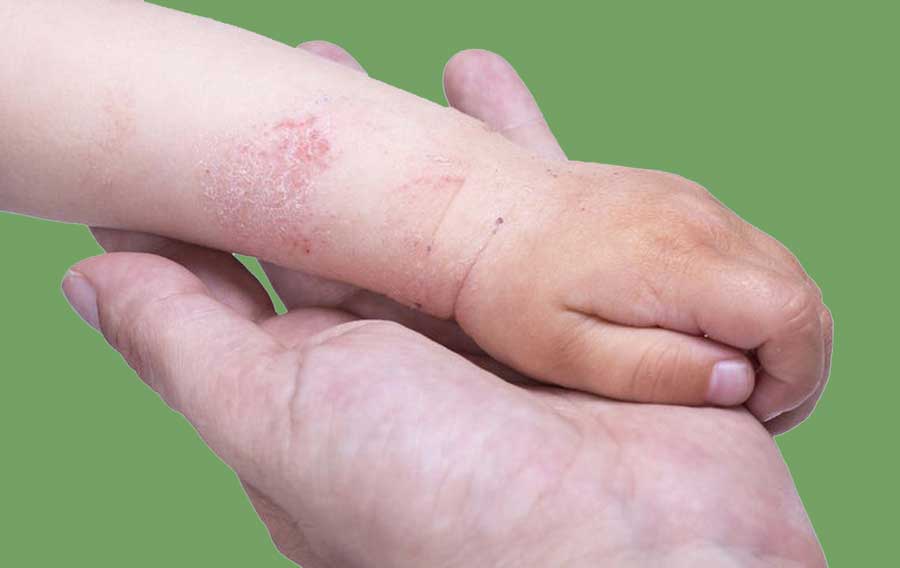It doesn’t matter how old they are, for as long as we are on this earth we are always going to worry about our children.
Of course, when they are young, these worries are a little more intense. After all, this is the period where they are much more vulnerable for the simple reason that their immune systems haven’t quite developed.
There are added complications when it comes to medical care as well, with gillick competence being just one of these.
However, rather than get into the ins and outs of the legalities, today’s article is going to look at some of the warning signs that you need to pay a bit more attention to when it comes to your little ones.
The fever-factor
It’s a fact, fevers are not fun. If you have found that your baby has one though, and they are under 3 months old, it might be more of a cause for concern.
In short, babies under this age bracket should not get a fever. The issue isn’t the fever itself, but rather the implications of a possible bacterial infection. As such, if you do think your baby has one, call for medical assistance as a matter of urgency. If they are older than three months, you can wait a day or so before proceeding.
A rash with tiny red dots
It sounds specific, but not all rashes are equal. Most will quickly disappear if you apply pressure onto them with a glass, but some don’t react like this.
If you have found a rash formed of tiny red dots and it doesn’t seem to go away with the above glass technique, call for medical assistance urgently as it could be a sign of meningitis.
Headaches
Unfortunately, there is no way of knowing if a baby has a headache – but this doesn’t apply to toddlers. They will make any pain in this area obvious; usually by clutching the side of their head.
Why is this important to note? It’s actually quite rare for a toddler to have a headache, so if you do suspect that they are suffering from this it is definitely something that you should look into further. In truth, the reasons can be endless, with colic being one possible cause while a sinus infection might be another.
Vomiting or diarrhea
It’s not pleasant for anyone, but like a few of the conditions we have mentioned both vomiting and diarrhea needs a little more attention when it comes to young children.
The general rule is that the younger the child, the more urgent action needs to be taken. For example, while you may seek medical attention for a toddler after a couple of days, it’s worth being aware that a baby can become dehydrated after just twelve hours. This is the biggest fear when it comes to this condition, so the first thing you need is to check their diaper to make sure it’s not dry. If it is, you need to take action.









